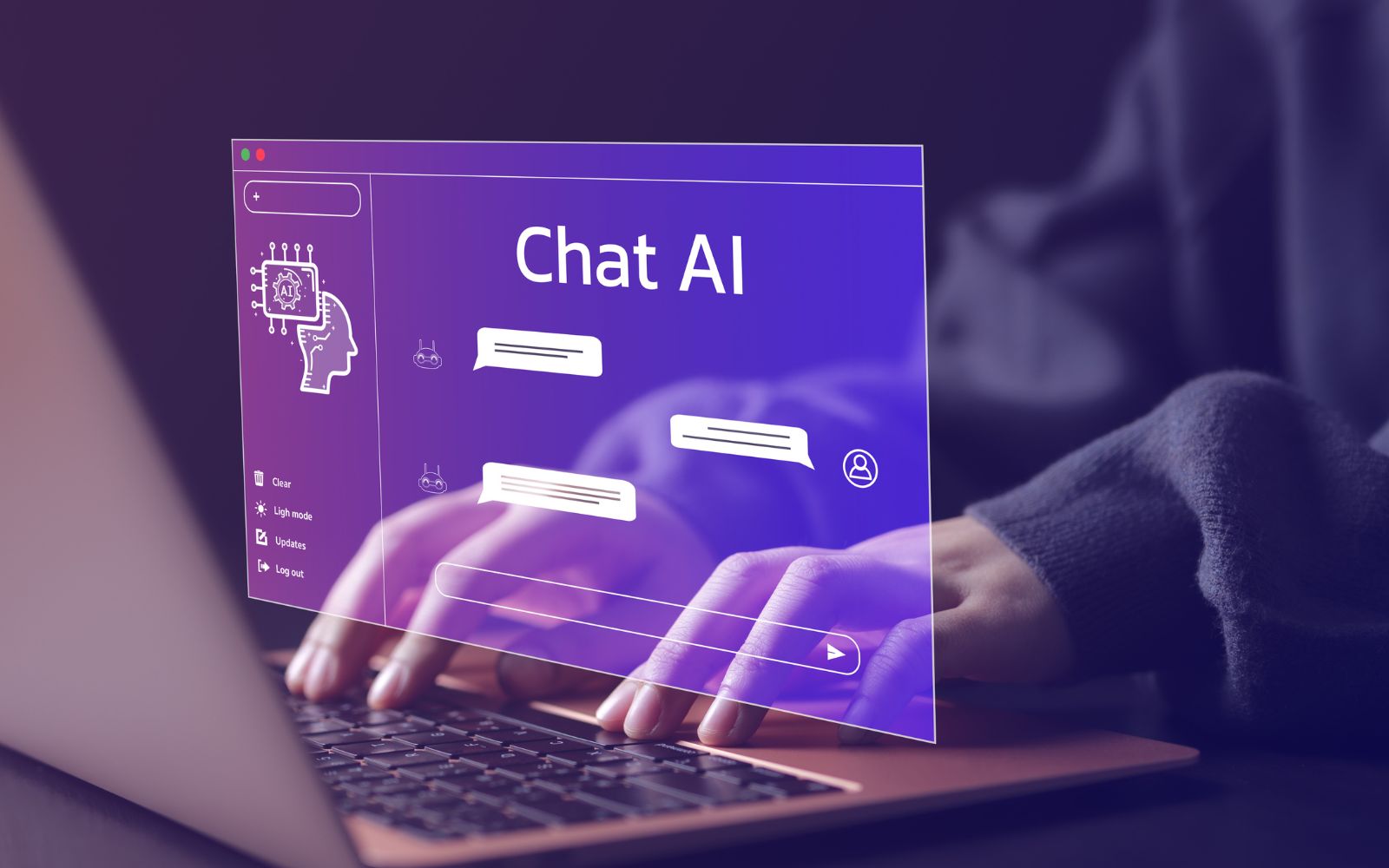
In an exciting development within the tech industry, ChatGPT AI, known for its conversational capabilities, is gearing up to launch its search engine. This innovative move positions ChatGPT AI to potentially rival Google, sparking interest and speculation across the tech community. Here’s what you need to know about this ground-breaking venture.

ChatGPT AI, developed by OpenAI, has made significant strides in understanding and generating human-like text. Its new search engine aims to leverage this technology to provide more intuitive search results, focusing on understanding queries contextually rather than just keyword-based responses. This approach could reshape how users interact with search engines, prioritizing accuracy and relevance in the delivery of information.
Google has dominated the search engine landscape for years, primarily using algorithms that index the web’s vast information. ChatGPT’s search engine proposes a different approach by using advanced AI models to understand and process natural language queries. This means that ChatGPT AI could offer more conversational and nuanced search experiences, potentially providing answers that feel more tailored to individual users.
One of the top technologies incorporated into ChatGPT’s search engine is its ability to process complex queries and provide explanations, not just links. This capability could transform search queries into interactive sessions where users receive answers and clarifications directly without needing to sift through multiple websites.
Moreover, the integration of AI in search functions continues to affirm that AI is the future of the job market, bringing sophisticated analysis and decision-making tools closer to various professional fields.
A significant aspect of ChatGPT’s search engine development focuses on the ethical use of AI, including combating deepfakes and misinformation. By designing the search engine with robust verification processes and fact-checking algorithms, ChatGPT AI aims to establish a platform that upholds truth and reliability, addressing one of the digital age’s most pressing challenges.
Despite the promising features, ChatGPT’s entry into the search engine market is not without challenges. Competing with Google involves not only matching but also surpassing a deeply ingrained user base and a refined algorithm that has evolved over decades. Additionally, issues such as data privacy, user trust, and the continual learning requirements of AI systems pose significant hurdles.
The launch of ChatGPT’s search engine could have wide-reaching implications for the tech industry, particularly in how information is searched and consumed. It encourages other companies to innovate and possibly rethink how they utilize AI in their products and services. Moreover, it sets the stage for future advancements where AI can integrate seamlessly into everyday digital tasks.
In the rapidly evolving tech landscape, staying updated with the latest skills and technologies is crucial. Kalkey offers job training solutions tailored to help individuals excel in their careers, providing the tools needed to succeed in an AI-driven job market. Moreover, Kalkey’s proxy job solutions ensure that professionals can navigate career challenges effectively, setting a clear path toward success in dynamic environments.
As ChatGPT AI prepares to launch its search engine, the technology realm watches closely, anticipating the next evolution of search technologies. Whether you’re a tech enthusiast or a professional in the field, the unfolding developments signify exciting times ahead in the digital world.